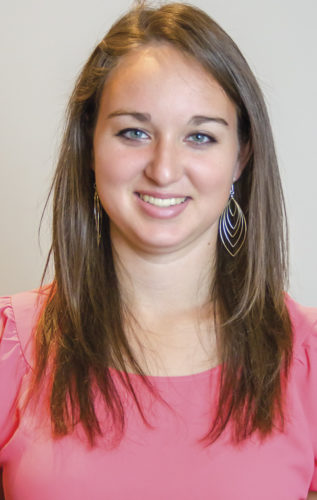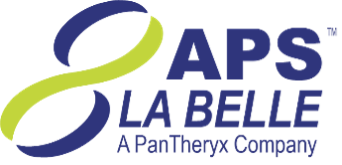Those interested in dairy cattle reproduction or mastitis have organizations dedicated to providing them with information on the latest technology, research and management protocols. However, anyone interested in animal welfare did not – until now.
Seeing the need for this type of an organization, veterinarians Ricardo Chebel, an associate professor at the University of Florida, and Gustavo Schuenemann, an assistant professor at Ohio State University, took the lead in forming the Dairy Cattle Welfare Council (DCWC).
This organization will focus on education and facilitate discussion among producers, veterinarians, industry experts and researchers. The goal is to create a code best or recommended practices that are backed by science and are also sustainable, practical and profitable for producers.
DCWC will host its first annual symposium, “Intersection of best practices and sustainability,” on May 20-21 at Ohio State University in Columbus, Ohio. After this event, the council plans to release best practice guidelines based on the discussion at the symposium and published scientific evidence.
In addition, they plan to host educational programs, such as webinars, throughout the year. This year’s symposium topics include lameness, youngstock care, promoting teamwork and personnel performance and mass communication, marketing and the economics of animal welfare.
“We tried to have a balanced program to address key issues that have a lot of science behind them, such as lameness and heifer raising.” Chebel says. “We also tried to talk about key issues that have less science behind them but without which there is no welfare and there is no sustainability, such as labor training and mass communication.”
With animal welfare becoming a bigger and bigger topic of discussion, DCWC president Jan Shearer, an extension veterinarian at Iowa State University, says he expects people to be interested in the topics presented at the symposium.
“They hear about it (animal welfare) a lot from a variety of sources,” Shearer says. “National Milk Producers of course, with the new deadline on tail docking, is just one example that has brought animal welfare back to the forefront of concern and issues for the industry to think about again.
That and with the fact that animal welfare auditing and animal welfare assessments are becoming much more common, there is much more pressure from their market systems as far as marketing is concerned these days.
Certain markets are requiring welfare assessments, welfare audits – and I think that’s only going to continue, and I think the industry realizes that. I think those are all reasons why I would expect people to be interested in the program.”
By creating an organization solely dedicated to animal welfare, it gives the industry a unified voice on animal welfare and a platform for discussing this crucial topic, Chebel says.
“The main thing for us is that we want veterinarians, scientists, people from the industry and, more importantly, dairymen to lead this,” Chebel says.
“We understand that dairymen are very busy so we are trying to do the groundwork of putting a program together, we’re trying to do the groundwork of putting bylaws together, but then we want the dairymen to be the key opinion leaders; that’s the point.” PD
Visit Dairy Cattle Welfare Council for more information.

-
Jenna Hurty
- Northwest Editor
- Progressive Dairyman
- Email Jenna Hurty






